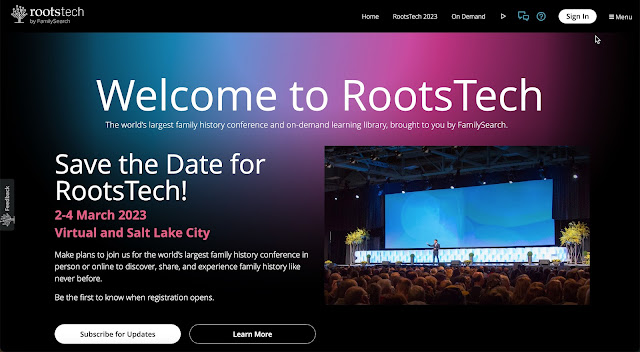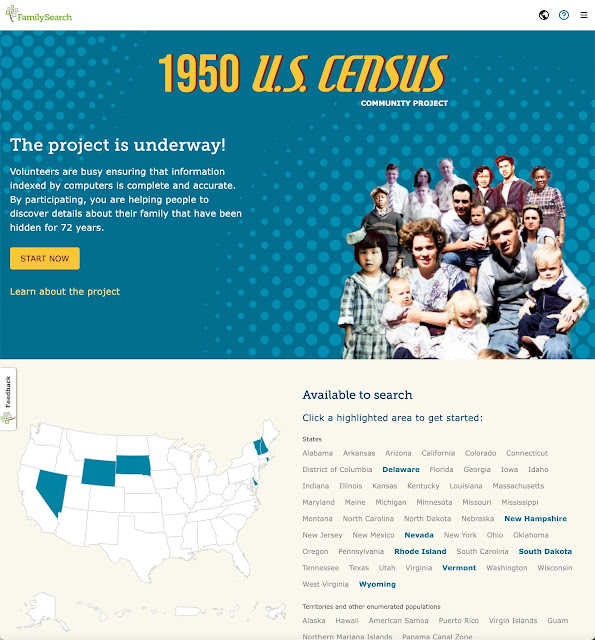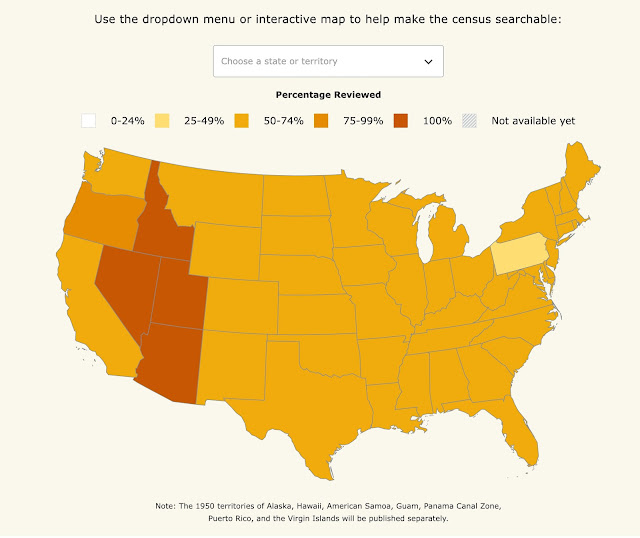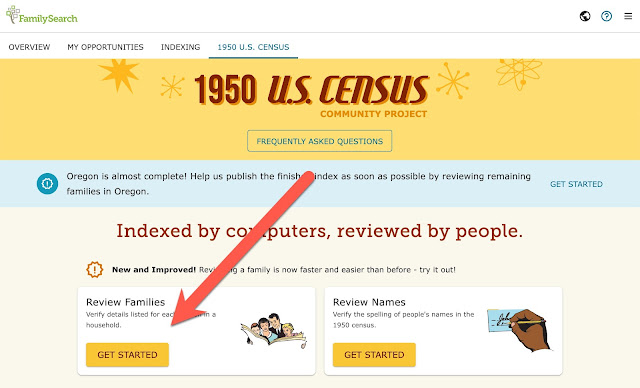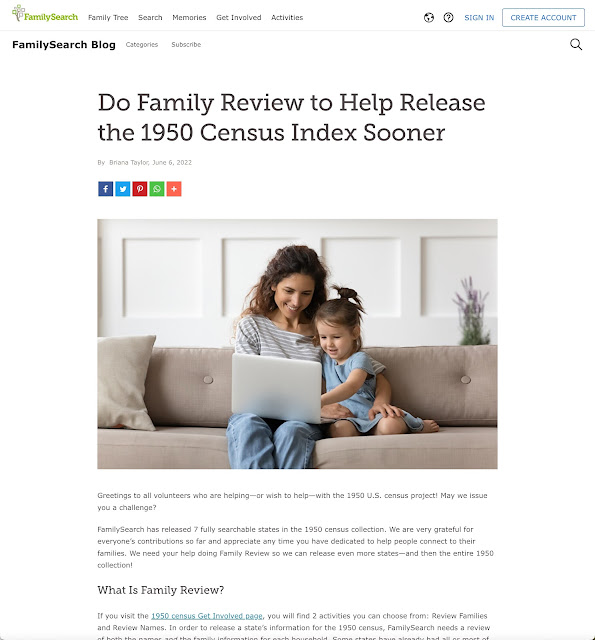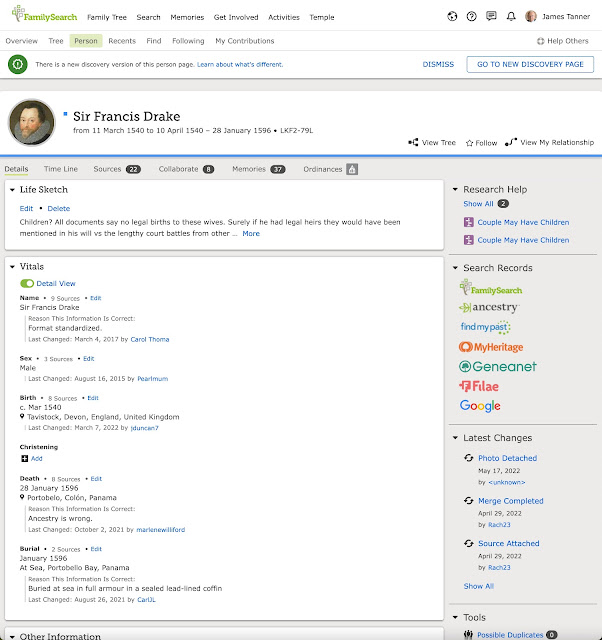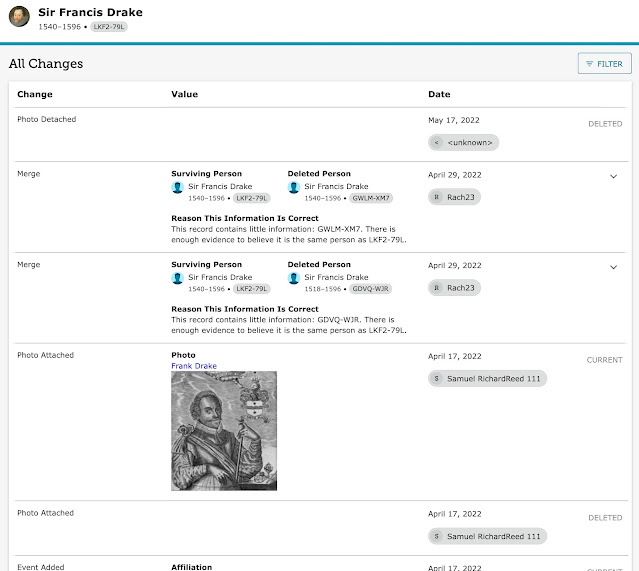Elizabeth Walker (b. 1583 - d. 1673) ID# M9MF-PND was the wife of Richard Warren (b. 1585 - d. 1628) ID# KXML-7XC and except for the fact that her husband was one of the original Mayflower passengers very little is generally known about her life. Elizabeth was not a Mayflower passenger. She came to America in 1623 on the ship Anne with their five daughters. They later had two sons. All their children lived to adulthood, and their descendants probably constitute one of the largest number of descendants of any of the Mayflower passengers. See the following:
Anon. n.d. “Warren.” MayflowerHistory.Com. Retrieved June 3, 2022 (http://mayflowerhistory.com/warren).
An exhaustive published source for information about this family and their descendants for five generations is contained in the following three-volumes from General Society of Mayflower Descendants "Silver Books."
Wakefield, Robert S., and Judith H. Swan. 2004. Mayflower families through five generations. descendants of the Pilgrims who landed at Plymouth, Mass., December 1620 Volume 18, Part one, Plymouth, MA: General Society of Mayflower Descendants, Volume 18, Part 1.
Wakefield, Robert S., John Bradley Arthaud, Jane Fletcher Fiske, and Judith Haddock Swan. 2011. Mayflower families through five generations. descendants of the Pilgrims who landed at Plymouth, Massachusetts, in December 1620 Volume 18, part 2, Plymouth, MA: General Society of Mayflower Descendants, Volume 18, part 2.
Wakefield, Robert M. 2001. Mayflower families through five generations: descendants of the Pilgrims who landed at Plymouth, Mass. December 1620. Plymouth, MA: General Society of Mayflower Descendants, Volume 18, part 3.
Until 2003, Elizabeth's surname was unknown. In an article in the American Genealogist, convincing arguments were made as to the identity of her parents. See the following:
Davies, Edward J. , "The Marriage of Richard Warren of the Mayflower" Davies, The American Genealogist, v78, no2 (whole no 310; Apr 2003).
Elizabeth's husband, Richard, died just four years after she arrived in the colony. However, this extraordinary woman became very influential as the most successful businesswoman in the Plymouth Colony. See the following:
It is interesting that so much has been written about this woman and yet there is so much of this history that is missing from the sources and memories on the Family Tree. It is readily apparent that those who keep changing the entries on the Family Tree are unaware of Elizabeth Walker Warren's history and have done little or no research except to add what they have in old GEDCOM files and Family Group Records. As you can see from the article from 2003, research is on-going but is still incomplete. It is a real shame that the contributors to the Family Tree think that changing existing information without doing any research is more important than knowing any of the history behind the person they claim as an ancestor.
Despite the existence of all this information about Elizabeth Walker Warren, her entries in the
FamilySearch.org Family Tree continue to change several times a week. This situation will not change until there is a serious effort by FamilySearch to ameliorate the huge amount of duplication of effort and lack of control that presently haunts the Family Tree. It is sad to think of all the time spent by good genealogists correcting the changing ignorantly added entries when time could be better spent adding real historical information to the Family Tree. The resistance of FamilySearch to this major issue is inexplicable.


















